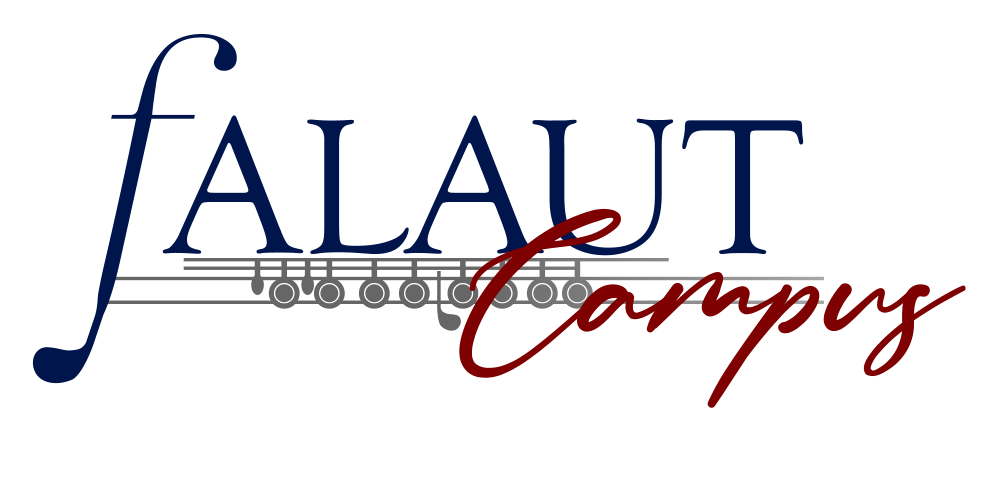[:it]
Barthold Kuijken, nato nel 1949 in una familia di musicisti (il fratello Sigiswald è violinista e l’altro fratello Wieland è gambista) Barthold Kuijken ha iniziato lo studio del flauto traverso a Bruges e successivamente ai Conservatori di Bruxelles e dell’Aia.
Grazie a una fortunata coincidenza è venuto in possesso di un flauto traverso barocco originale con il quale ha iniziato a eseguire le opere di autori del XVII e XVIII secolo ispirandosi alle fonte trattatistiche dell’epoca.
Ben presto ha suonato con i fratelli Sigiswald e Wieland, con il controtenore René Jacobs ed i clavicembalisti Robert Kohnen, Gustav Leonhardt, adesso anche Bob van Asperen e Ewald Demeyere, e nell’orchestra barocca “La petite Bande”. Ha una intensa attività concertistica in tutto il mondo ed ha fatto molte incisioni discografiche del repertorio barocco e classico: fantasie, sonate, trii e quadri di Telemann, sonate di Johann Sebastian e Carl Philipp Emanuel Bach, Duetti di Wilhelm Friedemann Bach, Suites di Hotteterre, Couperin e Montéclair, sonate di Leclair, trii di Haydn, quartetti di Mozart e Haydn, concerti di Vivaldi, Mozart e Stamitz, sonate di Hummel, Mendelssohn, F.X. Mozart, Variazioni di Schubert, Trio e Syrinx di Debussy per case discografiche quali: Accent, BMG, Harmonia Mundi, Opus 111, Sony Classical, Atma e Arcana.
Dall 1988 ha comminciato la direzione d’orchestra, e si è prodotto spesso in Italia con il “Mitteleuropäische Chor und Barockorchester”, e con l’ “Academia Montis Regalis”, con quale ha fatto l’incisione dei concerti per flauto ed archi di Vivaldi. Altri progetti erano dei programmi J.S. Bach (cantate, motette, suites, Passione secondo S. Giovanni) ad Amsterdam, Londra e in Belgio, musica per fiati di Mozart in Ginevra, “Suites” francese in Montreal, Bach-Haydn-Mozart in Australia, la famiglia Bach in Ungheria, Polacca, Francia ecc. Come direttore ha inciso la “Gran Partita” di Mozart (per Accent) e un programma di “Suites concertantes” con l’orchestra barocca Arion di Montreal (per Atma).
È invitato a tenere master-classes di musica antica in Europa, Giappone e negli Stati Uniti e a fare parte delle giurie dei più prestigiosi concorsi internazionali.
È docente di flauto traverso barocco presso il Conservatorio Reale di Bruxelles e dell’Aia.
[:en]
Barthold Kuijken (baroque flute and recorder) was born in 1949; he grew up in a musical environment: two of his elder brothers were studying music and became increasingly interested in early music and early instruments. He studied modern flute at the Bruges Conservatory and the Royal Conservatories of Brussels and The Hague. For playing early music he originally turned to the recorder, but while still studying, he had the good fortune of finding a splendid original baroque flute, which became in fact his best teacher. Research on authentic instruments in museums and private collections, frequent collaboration with various flute and recorder makers, and assiduous study of 17th- and 18th-century sources helped him to specialize in the performance of early music on original instruments. At the same time, on the Boehm-flute, he was a member of the Brussels-based ensemble “Musiques Nouvelles”, focusing on avant-garde music. Soon he started to play with his brothers Wieland (viola da gamba and baroque cello) and Sigiswald (baroque violin and viola da gamba), with René Jacobs (countertenor), Paul Dombrecht (baroque oboe), Lucy van Dael (baroque violin), and with the harpsichordists Robert Kohnen and Gustav Leonhardt, more recently also Bob van Asperen and Ewald Demeyere. For many years he was baroque flutist in the orchestra “Collegium Aureum”, and he still holds this function in “La petite Bande”, the baroque orchestra conducted by his brother Sigiswald. He plays chamber music concerts all over the world, extending his repertory to early 19th-century music (with the fortepianist Luc Devos). He has recorded extensively for various labels (Sony classical, Harmonia Mundi – BMG, Philips – Seon, Accent, Arcana, Atma, Opus 111). Besides his activities as a flute (and recorder) player, he is appearing more and more often as a conductor. His scholarly work includes a new annotated Urtext edition of J.S. Bach’s flute compositions (for Breitkopf & Härtel). He teaches baroque flute at the Royal Conservatories of Brussels and The Hague, and is often invited to serve as guest professor or as a jury member in international competitions.
DISCOGRAPHY: solos by J.S. and C.P.E. Bach, Boismortier, Debussy, Fischer, Hotteterre, Telemann, Vivaldi, Weiss; duos by Boismortier, Hotteterre, W.F. Bach; suites by Couperin, Hotteterre, Montéclair; sonatas by Albinoni, J.S. and C.P.E. Bach, Benda, Blavet, Boismortier, Corelli, Friedrich der Grosse, Geminiani, C.H. and J.G. Graun, Guignon, Händel, Kirnberger, Leclair, Locatelli, Müthel, Platti, Quantz, Telemann, Veracini, Vivaldi; a recital of 19th century works for flute and fortepiano (Hummel, F.X. Mozart, Mendelssohn, Schubert); chamber music by J.S., C.P.E. and J.C. Bach, Boismortier, Couperin, Debussy, Dornel, Galuppi, Geminiani, Händel, Haydn, Hotteterre, Janitsch, Mozart, Rameau, Telemann; concertos by J.S. Bach, Haydn, Mozart, Richter, J. and C. Stamitz, Telemann, Vivaldi; as a conductor: Mozart (Gran Partita), “suites concertantes” from the German baroque (J.L. and J.S. Bach, Telemann, Handel)
[:]

